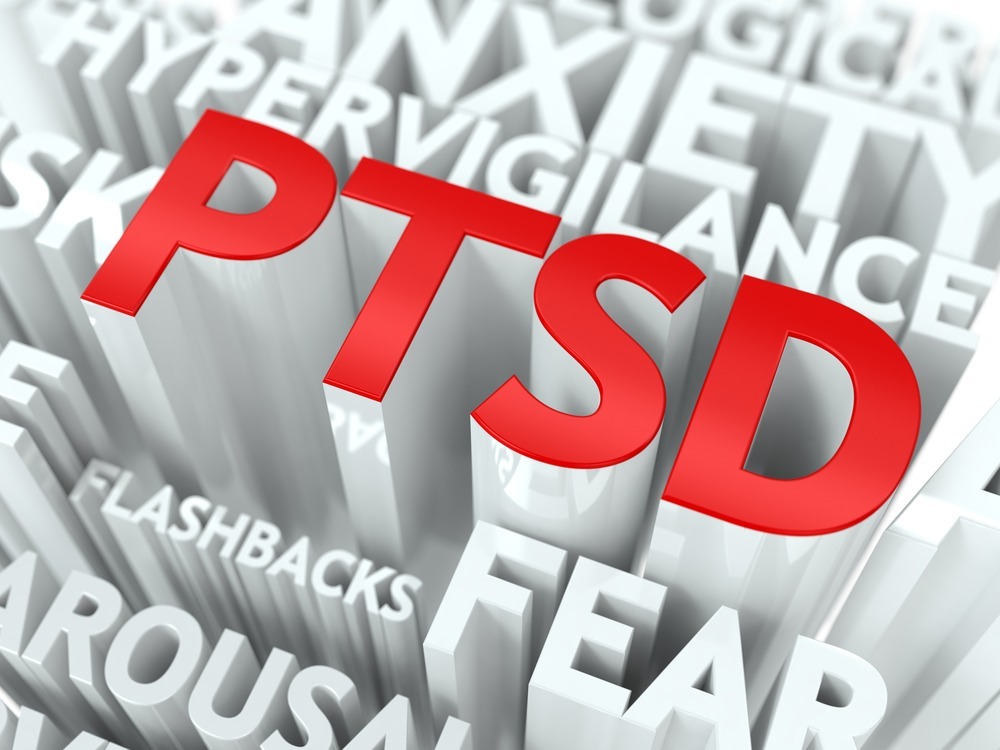I have a special interest in trauma counselling. I have years of experience with Post-traumatic Stress Disorder (PTSD) and trauma counselling. Most people will experience a traumatic event at some time in their lives. It is common to react to these types of events with a range of emotions including shock, fear, helplessness, and anger. It is not unusual for the problems to also impact your relationships and your work. These reactions are normal and, in most cases, will begin to become less intense over time.
When Should Someone Seek Trauma Counselling?
It is common following a traumatic event for a person to experience changes in:
- Emotions – you might feel intense fear, helplessness, guilt, frustration, or sadness. You might find that your emotions are up and down.
- Thoughts – you might find yourself having memories of the trauma pop back into your mind, you might start questioning the meaning of the event, or the amount of control you feel you have over your life. You could also have difficulties concentrating or paying attention.
- Behaviours – you might start to withdraw from people, avoid things that remind you of the event, self-medicate with alcohol or substances, or feel an overall lack of motivation.
- Your Body – you might feel on edge, agitated, have difficulty sleeping, shortness of breath or a racing heart.
As a first step, it is important to seek out the support of your family and friends following a trauma. Although most people will recover with the support of those around them, this isn’t always the case.
If you are finding that you still have a range of these difficulties beyond two weeks following the event then you might benefit from speaking to your GP or a trauma counsellor.

